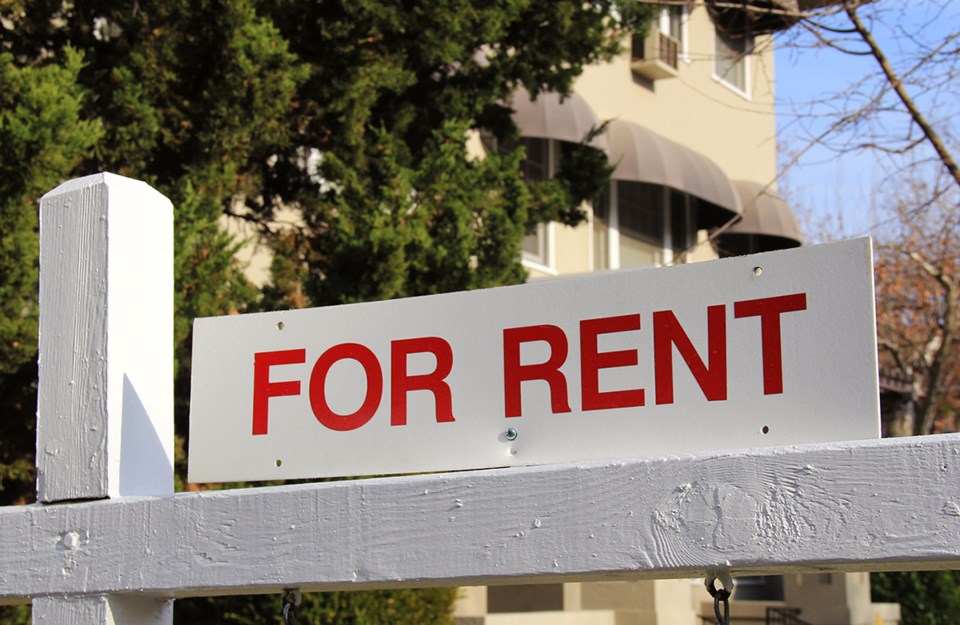Metro Vancouver’s sky-high real estate prices are pushing up the percentage of people renting their homes, with some age groups in the city overtaking even traditionally high-rental-rate Montréal, according to a new national study of 2016 Census data.
Overall, the Montréal Census Metropolitan Area (CMA) still has the highest rate of renters in the country, at 44.6 per cent of households, according to the Canada Mortgage and Housing Corporation’s report. But Montréal’s proportion of renters has declined slightly from 45 per cent in 2011, whereas Vancouver and Toronto CMAs are both on the rise.
Metro Vancouver’s renter rate increased to 36.3 per cent in 2016 from 34.5 per cent in 2011. Toronto CMA’s proportion of renters rose to 33.5 per cent from 31.7 per cent during the same period.
When broken down by age group, among non-immigrant millennials aged 25-34, the percentage of households who rent their home is now higher in both the Vancouver and Toronto CMAs than in Montréal. Between 2011 and 2016, the proportion of these renters in Vancouver rose by 7.4 percentage points to 63.2 per cent. This resulted in Vancouver overtaking Montréal’s renter proportion in that age group, which rose just 1.9 percentage points to 57.8 per cent. Toronto saw an even more rapid growth in renter rates among this cohort during the same period, up 10.4 percentage points to 59.4 per cent in 2016.
The CMHC report said, “Based on these figures, it could be that the faster growth in housing prices in Toronto and Vancouver than in Montréal had a greater impact on first-time buyers in these two urban centres. With these steady price increases and the generally lower financial wealth of first-time buyers compared to repeat buyers, access to homeownership was probably more difficult than in the past for young households in Toronto and Vancouver.
The federal housing agency also debunked suggestions that renter rates are increasing among young people due to a lack of desire for home ownership. The report authors said, “It is also often suggested that today’s young households more frequently opt to rent because of a change in housing tastes… This hypothesis is, however, more difficult to justify in a context where the renter rate among households aged 25 to 34 did not change much between 2011 and 2016 in Montréal, but the rates increased considerably in Toronto and Vancouver. If the tastes of millennials were really the major factor… similar changes in renter rates would likely have been observed in [all three cities].”
When factoring both immigrant and non-immigrant households, the study found that Montréal still saw the highest rental rates among all age groups, and that rental rates in all age categories and all three cities were higher when including immigrant households.



